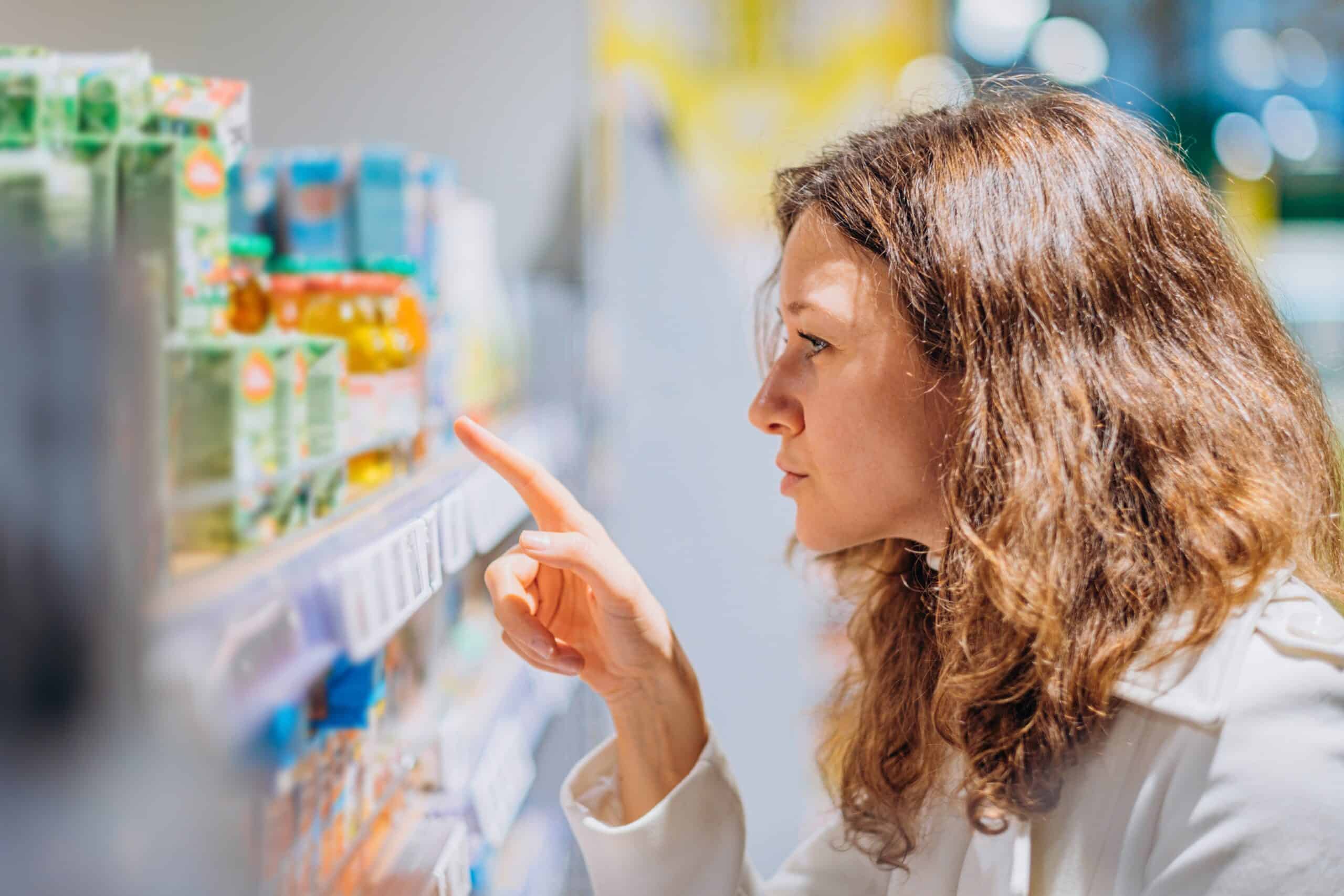Does Your Shampoo Contain Carcinogens?

Science is a beautiful thing. Through constant research, we learn more and more about the world. Specifically, we discover more about the chemicals we use. For example, lead used to be a popular additive in paint. Then, Clair Cameron Patterson discovered that lead was poisoning our bodies and it changed the whole game.
There are many products in the cosmetic industry that contain harmful chemicals. Some of these chemicals have been linked to cancer. A chemical that has the capacity to cause cancer is called a carcinogen. Unlike lead, most of these carcinogens can still be found in some hair care products.
Are Carcinogens A Laughing Matter?
It would seem logical that a chemical that causes cancer is no laughing matter. Yet we find many products with these ingredients still included. If everyone uses them, should we be worried?
Much of the research done on these chemicals is inconclusive. Therefore, scientists have not yet found a direct connection between the ingredients and health issues. As a result, companies are still allowed to use them in their formulas. Because they are still legal, the government does not require a warning label. Who would buy a shampoo that had a warning that it could cause cancer? No one would. Rather than buying blindly, educate yourself to make informed, balanced purchasing decisions to be kindest to your hair and body.
Examples Of Carcinogens
Carcinogens are chemicals that cause cancer. There are a handful of categories when it comes to these cancer-causing chemicals.
The very first and clear one is high-energy radiation. The most infamous carcinogen is sunlight, so we wear sunscreen to protect our skin. Many of us think this is just to prevent sunburn, but there is much more at stake. Sunlight, or ultra-violet radiation, can change the chemical make-up of our skin, and in extreme cases, cause skin cancer.

Ultra-violet light.
In cosmetics, cocamide DEA is a chemical classified as possibly cause of cancer. Cocamide DEA is a combination of coconut oil fatty acids and diethanolamine. This chemical is used as a foaming agent in soaps and shampoos. Recent studies have started to shed light on the connection between cocamide DEA and cancer. It is classified as a group 2B carcinogen, which essentially means it “possibly” causes cancer.
The research is still fairly inconclusive on the matter. Many people still try and stay away from this chemical. Fair warning: if you are not using a natural shampoo there is a good chance you are coming in contact with cocamide DEA.
Lastly, we have tobacco. We have known for years that smoking cigarettes can cause cancer. But what exactly in the cigarette causes cancer? Is it the smoke, the nicotine, or some other factor?
Is Nicotine A Carcinogen?

Nicotine therapy may help to quit smoking.
For anyone who has tried to quit smoking it is one of the hardest things to do. As a result, health practitioners developed many methods to assist in the quitting process. One such method is nicotine therapy, in which the addict takes nicotine to help alleviate the urges to smoke. Many smokers quit successfully with this method.
Some detractors claim that nicotine therapy is dangerous, because it can cause cancer. The results from various studies show that in very few cases, nicotine caused tumors.
However, these experiments were only done on animals, so no evidence comes from human subjects. In my opinion, although nicotine exhibits carcinogenic tendencies, such negative effects remain low and infrequent. Nicotine therapy is still one of the better ways to stop smoking, and is undoubtedly much safer than smoking.
How To Avoid Carcinogens
I will be real with you. Carcinogens are everywhere and in most things we use. There is really no way to avoid them all, but you can take steps to minimize your contact with some of them. The best way to do so is to educate yourself.
The U.S. government’s National Toxicology Program identifies 246 chemicals and ingredients that are known to cause cancer in animals and humans. By understanding what these chemicals are, you can make smarter choices when buying food and cosmetics.
The responsibility is on our shoulders to become better-educated consumers. It can seem overwhelming when you realize that many of the 246 carcinogens appear in a lot of useful products. The beautiful thing is that there are many products to choose from. You can look at the back of the bottle and compare ingredients to make an educated purchasing decision. By making smarter choices, we can all avoid carcinogens as much as possible and curb their negative effects on our health.
Companies Using Carcinogens In Their Shampoo
Each shampoo company decides what to put into their product in order to maximize effectiveness and financial income. Different compounds are essential in order to produce desired results, such as foaming agents, preservatives, and cleansers. Sometimes what is nicest to the company’s finances can be most harmful to your health.
Take fragrance, for example. There’s a wide variety of ways to make something smell nice, both naturally and synthetically. Rather than using a natural source, such as lavender, to give the shampoo a pleasant scent, the company may steer toward a cheaper option, which may incorporate phthalates.
What’s more, the label does not have to list the specific components that give off that nice aroma; the ingredients can just list “fragrance,” misleading the customers to believe that the shampoo is free from carcinogens.
Carcinogens are avoidable. Be aware of what you buy, check the ingredients, and look for specificity to be certain that the product is carcinogen-free. Your best bet for vibrant hair and long-term health is natural shampoo.
Check out our natural shampoos here at Maple Holistics to avoid those harmful carcinogens!
Conclusion
Many products contain carcinogens. From snack food to shampoo, carcinogens are likely present. If you aren’t using a natural cosmetic, there is a chance that you are in contact with a carcinogen. No need to fret just yet. The percentage of the chemical is probably too low to do any real damage. However, you will benefit from becoming more aware of the products you use and what is in them.
Don’t panic, go organic. Making the move to natural shampoos and other cosmetics can be a tough habit to start, but it is a worthwhile endeavor.


